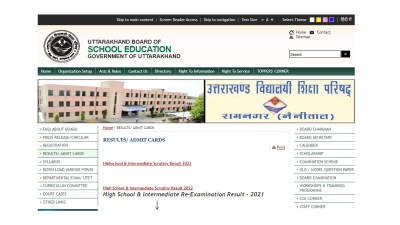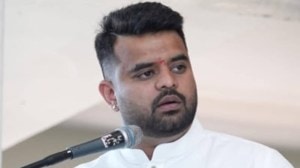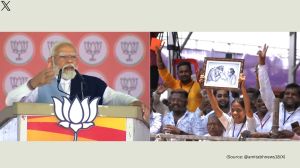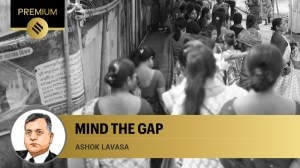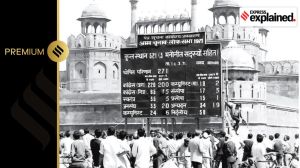- India
- International
SC to hear on March 19 pleas challenging implementation of Citizenship Amendment Act
A day after the Centre notified the rules to implement the Citizenship (Amendment) Act, the IUML and some others had approached the apex court praying that they be stayed.
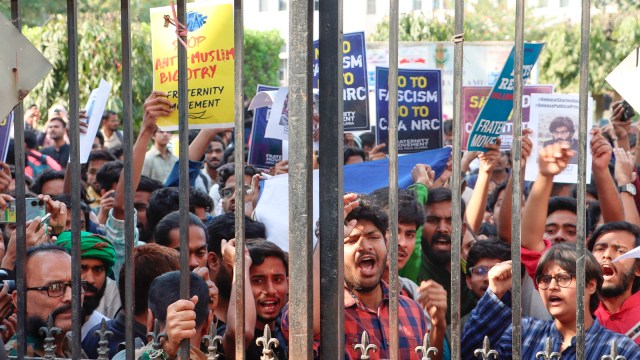 Students of Jamia Millia Islamia university stage a protest after the central government notified the rules for implementation of the Citizenship (Amendment) Act, 2019, in New Delhi, March 12, 2024. (PTI)
Students of Jamia Millia Islamia university stage a protest after the central government notified the rules for implementation of the Citizenship (Amendment) Act, 2019, in New Delhi, March 12, 2024. (PTI)The Supreme Court will take up on March 19 petitions challenging the Citizenship (Amendment) Act (CAA), 2019 and the CAA Rules notified on March 12, 2024.
Chief Justice of India D Y Chandrachud, presiding over a three-judge bench, said all the petitions – numbering about 237 – will be listed for hearing along with the various interlocutory applications.
The court said this after Senior Advocate Kapil Sibal, appearing for petitioner Indian Union Muslim League (IUML), pointed out that the CAA Rules having been notified, the court must hear the matter.
“The Citizenship Amendment Act was passed in 2019. At that time there was no Rules, so no stay was granted by this court. Now they have notified the Rules ahead of the Lok Sabha elections. If citizenship is granted, it will be impossible to reverse. So the interim application may be heard,” said Sibal.
Solicitor General Tushar Mehta said he had nothing to say on the listing, but added that “none of the petitioners has any locus to question the grant of citizenship”.

The bench then agreed to take them up on March 19.
A day after the Centre notified the CAA Rules, the IUML and some others had approached the court praying that they be stayed. In its application, the IUML, whose petition challenging the Act is pending before the apex court, said the Rules “create a highly truncated and fast-tracked process for grant of citizenship to persons covered under the exemption created by Section 2(1)(b) of the Citizenship Act, 1955…which is manifestly arbitrary and creates an unfair advantage in favour of a class of persons on the ground solely of their religious identity, which is impermissible under Articles 14 and 15”.
The party said that the Rules “eliminates” the “tiered level of scrutiny” for naturalisation and registration under the Citizenship Rules 2009 “and grants the power to a District Level Committee to verify documents and administer the oath of allegiance. The Empowered Committee may scrutinise the application, but this is not mandatory. The Empowered Committee’s composition is not defined, and therefore, the CAA Rules, 2024 does not mandate that there is scrutiny of these applications at the Central level.”
It said that “there is no scope for the State Government to give recommendations (when processed by the Collector), or for the Central Government to conduct an inquiry about the suitability of the applicant” and “the composition of the District Level Committee and the Empowered Committee is not defined, leaving unfettered discretion, without any guidance, in the hands of the Executive to determine the nature and composition of these bodies.”
Apr 30: Latest News
- 01
- 02
- 03
- 04
- 05


